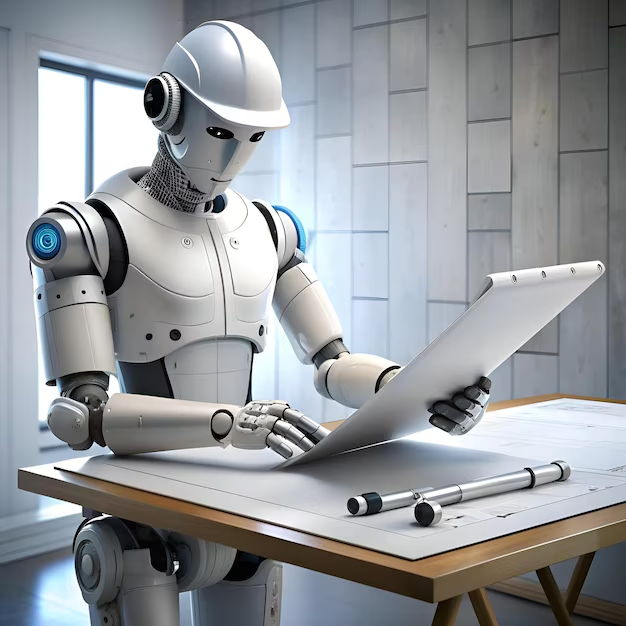Importance of a Maintenance Engineer
A Maintenance Engineer plays a critical role in ensuring the smooth operation, safety, and longevity of machinery, equipment, and infrastructure. Their expertise reduces downtime, prevents failures, and enhances efficiency across various industries, including manufacturing, HVAC, facilities management, and power plants.
1. Key Responsibilities of a Maintenance Engineer
🔹 Preventive Maintenance – Conducts routine inspections and servicing to prevent unexpected failures.
🔹 Predictive Maintenance – Uses AI, sensors, and data analytics to predict faults before breakdowns occur.
🔹 Troubleshooting & Repairs – Diagnoses and fixes mechanical, electrical, and software-related issues.
🔹 Asset & Equipment Optimization – Ensures machines run at peak efficiency, reducing energy consumption and operational costs.
🔹 Compliance & Safety – Adheres to health, safety, and industry regulations to prevent accidents.
🔹 Documentation & Reporting – Maintains records of repairs, maintenance schedules, and system performance.
2. Why Maintenance Engineers Are Essential
✅ Minimizes Downtime – Quick troubleshooting prevents production losses and operational delays.
✅ Extends Equipment Lifespan – Proper maintenance increases the longevity of HVAC, industrial machinery, and infrastructure.
✅ Reduces Costs – Prevents expensive breakdowns and emergency repairs, lowering operational expenses.
✅ Enhances Workplace Safety – Maintenance engineers mitigate risks associated with faulty equipment, reducing workplace hazards.
✅ Supports Energy Efficiency – Ensures systems like HVAC and electrical grids operate with minimal energy waste.
✅ Improves Productivity – Keeps machines and processes running smoothly and efficiently.
3. Industries That Rely on Maintenance Engineers
🏭 Manufacturing & Industrial Plants – Keeps production lines operational and prevents machine failures.
🏢 Facilities Management & HVAC – Maintains heating, ventilation, air conditioning, and plumbing systems.
🏥 Healthcare & Hospitals – Ensures medical equipment, electrical grids, and HVAC function reliably.
🚆 Transportation & Logistics – Maintains railway systems, aircraft, and fleet vehicles.
🏗️ Construction & Infrastructure – Oversees the structural integrity of buildings and bridges.
4. Future of Maintenance Engineering
🚀 AI & Predictive Maintenance – AI-driven monitoring systems detect early signs of equipment failure.
🚀 IoT & Smart Sensors – Connected sensors provide real-time data for condition-based maintenance.
🚀 Automation & Robotics – Maintenance robots assist in hazardous and hard-to-reach environments.
🚀 Green Maintenance – Focus on sustainable solutions and energy-efficient maintenance.
5. Skills Required for a Maintenance Engineer
🔧 Technical Expertise – Strong knowledge of mechanical, electrical, and HVAC systems.
📊 Data Analysis – Ability to interpret machine diagnostics and performance metrics.
🤖 AI & Automation Awareness – Understanding of smart sensors, AI-driven maintenance, and IoT.
📋 Problem-Solving – Quick decision-making and troubleshooting skills.
🛠️ Preventive & Predictive Maintenance – Experience with condition monitoring tools.


